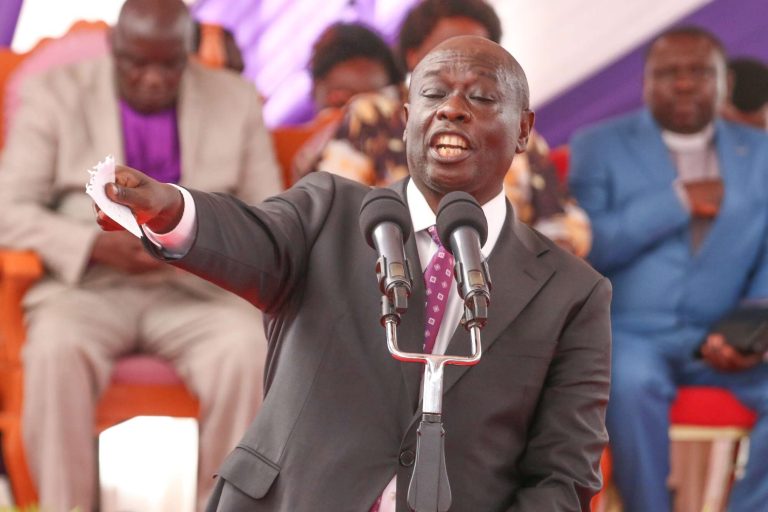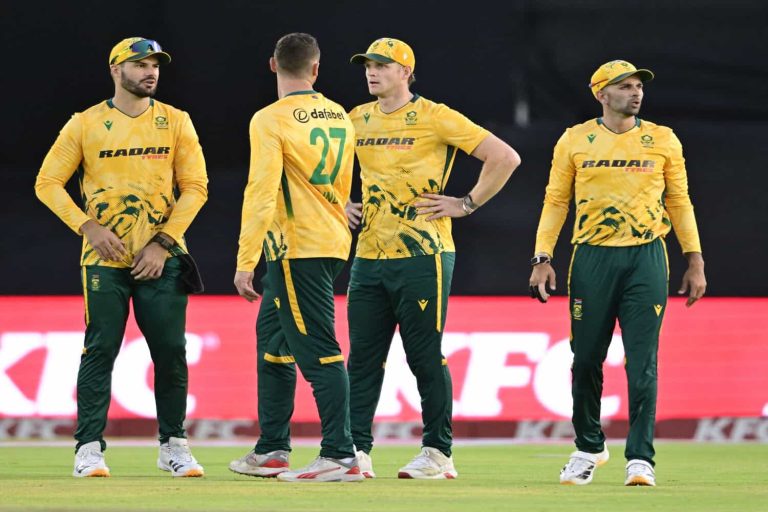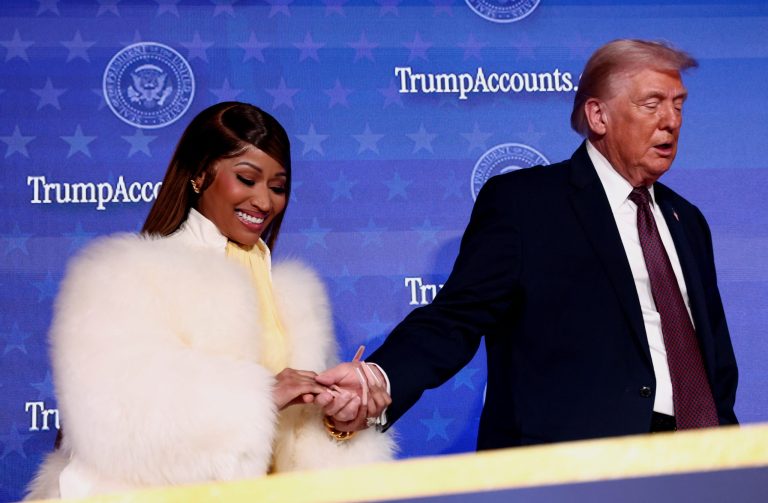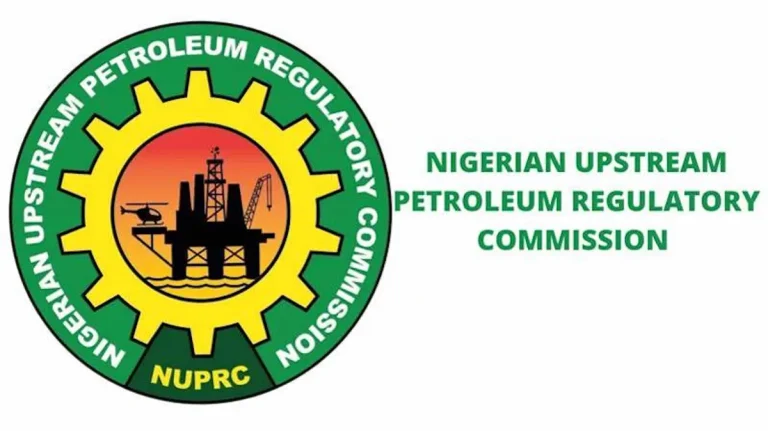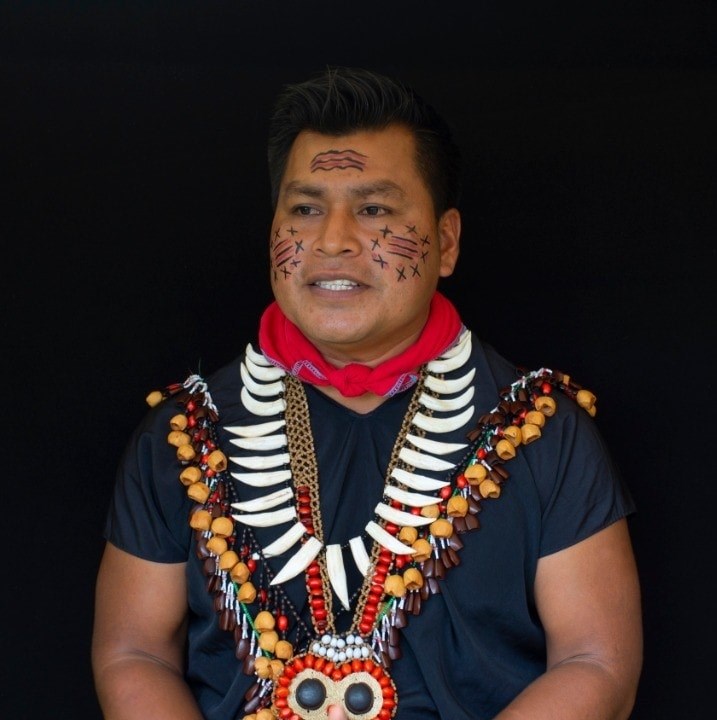
More than 200 human rights and environmental groups have accused UN climate chief Simon Stiell of fostering conditions that enabled a state crackdown on Indigenous peoples at the COP30 climate talks. In an open letter, the groups said Stiell’s actions were “creating a chilling effect and a feeling of unsafety for Indigenous peoples, environmental and other human rights defenders, civil society, and activists standing up for their rights”.
Tensions at COP30 escalated further after the fatal shooting of Vicente Fernandes Vilhalva, an Indigenous Guarani Kaiowá leader, on Sunday morning. His death underscores Brazil’s grim record as one of the deadliest countries for land rights and environmental defenders.
The killing has fueled widespread anger over the deployment of armed security forces at the COP30 venue, which targeted Indigenous-led peaceful protests demanding that their struggles over land and water be heard.
The incident has intensified calls from activists for stronger protections for Indigenous communities and human rights defenders at international climate negotiations, highlighting the intersection of environmental action and social justice on the global stage.
Meanwhile, coal giant, South Korea joined a coalition of 60 countries pledging to phase out the dirtiest fossil fuels. Colombia, a member of the Fossil Fuel Non-Proliferation Treaty Initiative, announced plans to host the first international conference on fossil fuel phase-out in April next year.
A new UN Environment Programme report revealed that global methane emissions, a potent greenhouse gas, are still rising, though at a slightly slower pace than previously observed.
